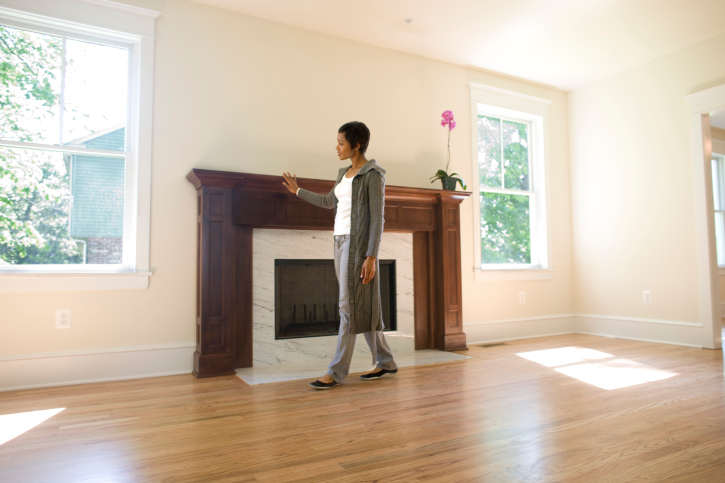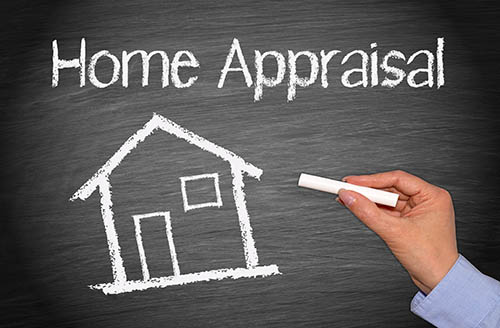Should You Buy A Home Warranty?
 When you buy a new house, the first thing you want to do is protect your investment. You already have property insurance. Should you also buy a home warranty?
When you buy a new house, the first thing you want to do is protect your investment. You already have property insurance. Should you also buy a home warranty?
What Is A Home Warranty?
A home warranty is not the same thing as insurance. Home warranties are service contracts. If a covered item breaks down and it is covered in the terms of the warranty, the home warranty company will pay to fix or replace that item.
What is Covered Under A Home Warranty?
Every home warranty contract is different but generally, a home warranty may cover items like major kitchen appliances, HVAC components, sump pump, in-home sauna or spa tub, and/or ceiling and exhaust fans.
Often, a homeowner can get an extended warranty contract that covers items like the washer and dryer, garage door opener, septic system and swimming pool components.
Understand The Costs
A basic home warranty costs between $350 and $500 annually, depending on what coverage you get. However, if something does break, you will also be on the hook for incidentals like service call fees or a deductible.
Know The Benefits
There are considerable benefits to having a home warranty contract in place, especially when something expensive breaks down, like a furnace. There is a lot of peace of mind knowing that you will be able to quickly get something fixed in your home.
You Might Already Be Covered
Your homeowner’s insurance policy might cover some of the same things that are covered with a home warranty. So you could be paying for duplicate coverage on some items. However, your homeowner’s insurance likely will not cover a dishwasher that needs to be replaced or a fridge that suddenly goes out.
There Are Alternatives
Finally, before you pay for a home warranty, remember that there are alternatives. For example, most HVAC companies offer financing options to buy a new furnace. Most appliance stores also offer financing on major purchases like refrigerators and dishwashers. You could save your $500 or so a year and put it in a savings account for a rainy day instead of gambling that you might have a major repair or purchase that year.
There are pros and cons to home warranty plans. Just be sure you fully understand both sides of the issue before you sign on the dotted line.

 As a homebuyer, your real estate agent will do their best bring you to see homes that meet the criteria you asked for. However, there’s no guarantee that a home will have a history of being properly cared for.
As a homebuyer, your real estate agent will do their best bring you to see homes that meet the criteria you asked for. However, there’s no guarantee that a home will have a history of being properly cared for. The cost of living in America varies widely in different parts of the country. In general, it is less expensive to live in the country than in the cities.
The cost of living in America varies widely in different parts of the country. In general, it is less expensive to live in the country than in the cities. When someone is thinking about buying a home, one of the key parts is the home appraisal. The appraisal ensures that the buyer is paying a fair price for the home while also protecting the mortgage lender against taking a loss.
When someone is thinking about buying a home, one of the key parts is the home appraisal. The appraisal ensures that the buyer is paying a fair price for the home while also protecting the mortgage lender against taking a loss. If you’ve been putting off your house hunting, it’s time to head out. Summer is the best season to go shopping for a new home, for a variety of reasons.
If you’ve been putting off your house hunting, it’s time to head out. Summer is the best season to go shopping for a new home, for a variety of reasons.